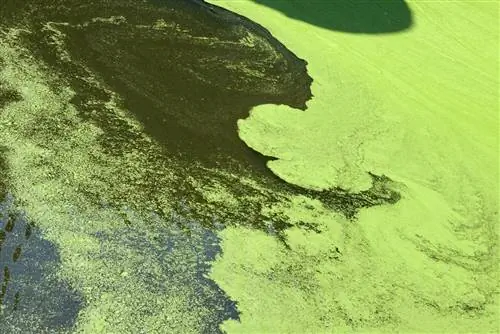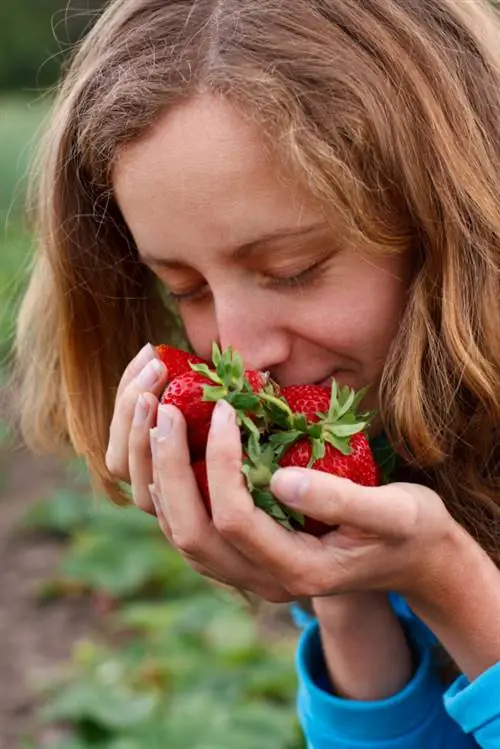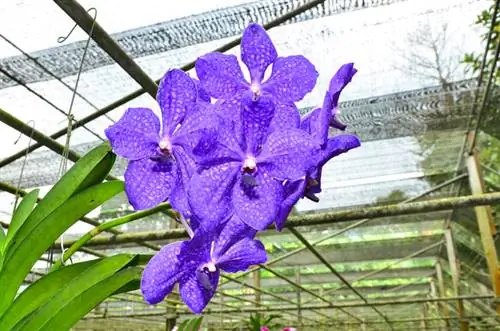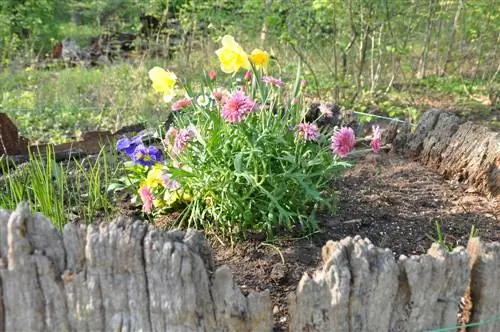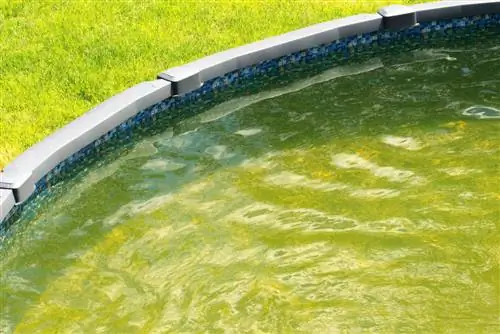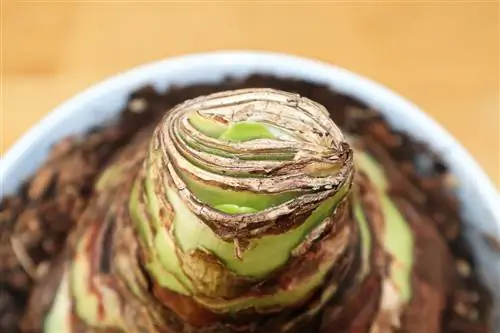- Author admin leonars@hobbygardeners.com.
- Public 2024-01-05 20:48.
- Last modified 2025-01-23 11:22.
The world of algae is a diverse group of creatures that don't have much in common. From microscopically small to many meters large, with and without the ability to photosynthesize, neither plants nor animals. But what are and how do algae actually form?
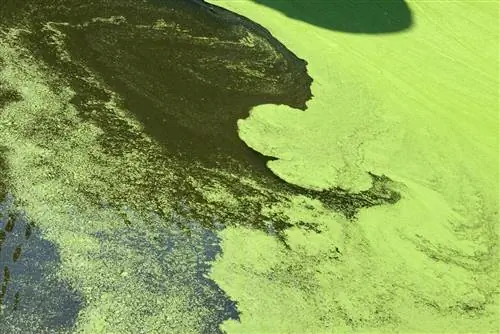
How do algae actually form?
Algae basically needwaterto live, some more, others less. For some, high humidity is enough. Equally important for algae formation arenutrientssuch as phosphate and nitrate, but also a lot oflightThen algae can quickly become a plague.
What causes algae to grow in a garden pond?
If thebiological balance is disturbed, then algae grows in the pond. In spring this happens quite quickly. The sun provides the necessary light; the aquatic plants are still in hibernation and do not yet need any nutrients. This means that suspended or filamentous algae can spread quickly. These algae often disappear on their own when the aquatic plants begin to grow and compete for nutrients. Fishing out the algae with a landing net or a pond filter can also help.
Where do algae come from in the aquarium?
In most cases it is due topoor carewhen algae develop in the aquarium. To grow, they need a lot of light and a large amount of nutrients (mainly nitrate and phosphorus), which can be produced, for example, by fish feces in the water. Therefore, there should not be too many fish in the aquarium. Excessive algae growth can be easily combated naturally. If necessary, reduce the number of fish in the aquarium. Use snails and shrimps instead, they are considered algae eaters.
Why do algae grow on stones in the garden?
The cause of algae growth on stones is usuallyhigh humidityHowever, not all greenery that grows on stones can be attributed to algae. They are often mosses or lichens. These also prefer a moist surface. Dryness and sunlight slow down their growth enormously. Botanically speaking, algae are not plants like mosses, but something independent. Lichen, on the other hand, is a mixture of fungi and algae. However, this does not play a major role in the fight.
Tip
Algae as food
Algae are not harmful per se, some of them are even considered luxury foods, others are used for seasoning. Of course, that doesn't mean that you should eat the algae from your garden pond. The edible seaweeds such as nori, wakame or dulse do not grow there. They can be found in grocery stores, but should only be consumed in moderation because of their high iodine content.

